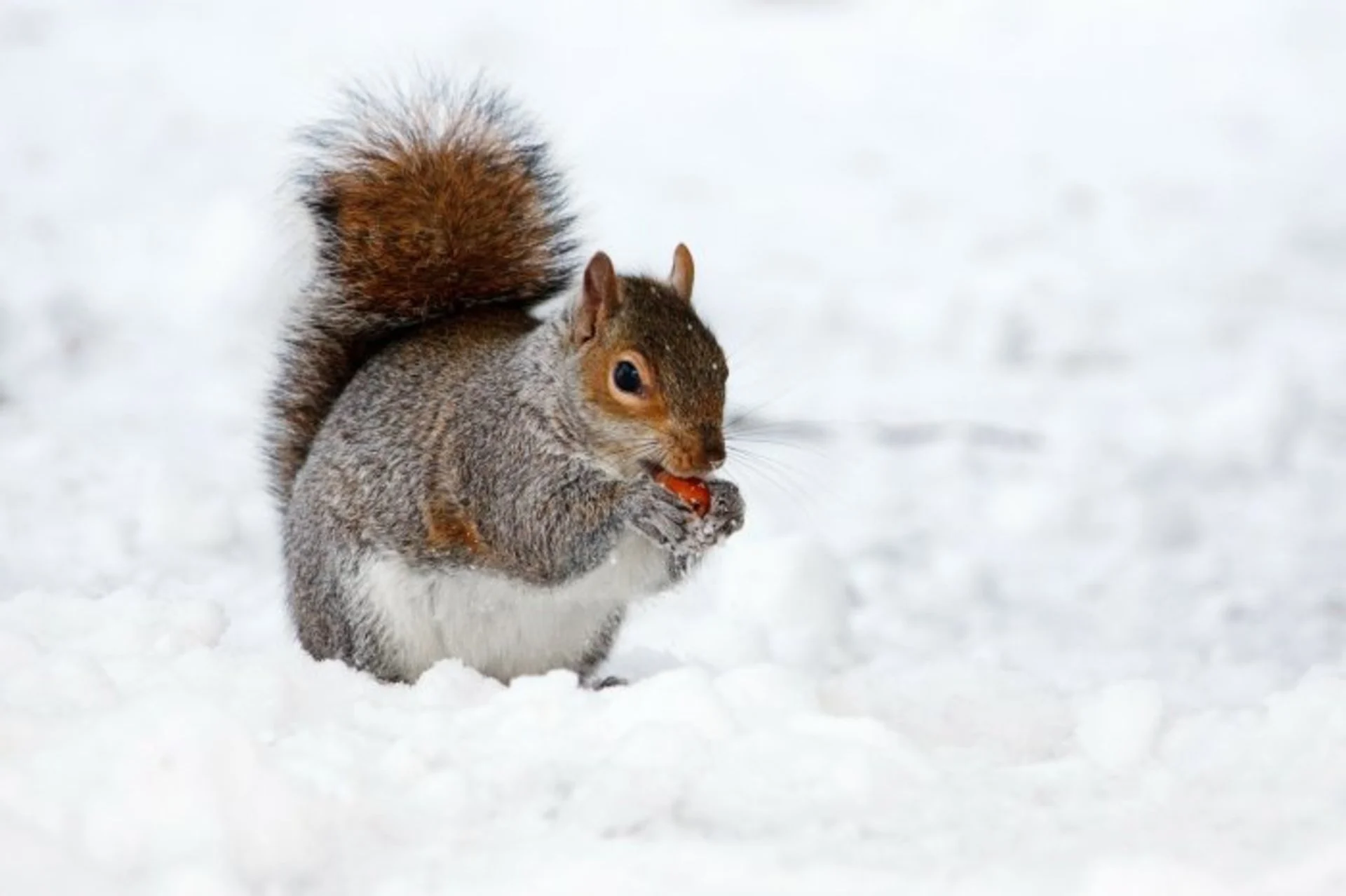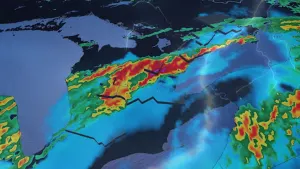
Can squirrels actually predict the type of winter to come?
Will 'squirrels gathering nuts in a hurry' really tell us something about the season to come? The Weather Network's Victoria Fenn Alvarado finds out.
“Squirrels gathering nuts in a flurry, will cause snow to gather in a hurry.”
Rooted in the Old Farmer's Almanac, folklore says, “acorns that fall heavily mean a cold winter is coming.”
So can squirrels really predict the weather? Acorns are a delicacy for these furry rodents, and their task at hand is to collect as many as they can to stock up for the winter.
This is where the folklore derives.
Usually, in the fall, as the temperature drops, so do brown acorns. During this time, we see squirrels storing food in large quantities, and we assume that winter is close by.
This theory, however, can be deceiving.
The amount of acorns an oak tree produces each year is irregular. High Park Toronto says that “if the trees provided level-acorn production every year, animals would eat most of them and leave too few to germinate new trees.” So extra acorns ensure an opportunity for the next generation of oak to grow.
DON'T MISS: Hanging holiday lights? Don't let squirrels dim your display
Oak trees naturally drop an extra abundance of acorns every 2 to 5 years. This is called "masting.” Years when lower amounts are produced are usually caused by “unfavourable weather during pollination and seed development periods [which] can result in reduced production of acorns,” according to Purdue University.
So, can squirrels predict the weather, or is it just a perceived perspective?
It may seem like every squirrel you see has an acorn in its hands these days. But, it could just mean it’s a masting event and there's just way more food for them to eat.
RELATED: 'In like a lion, out like a lamb,' is there any truth to the March weather lore?
In conclusion, there is no evidence that confirms that squirrels can really be meteorologists.










